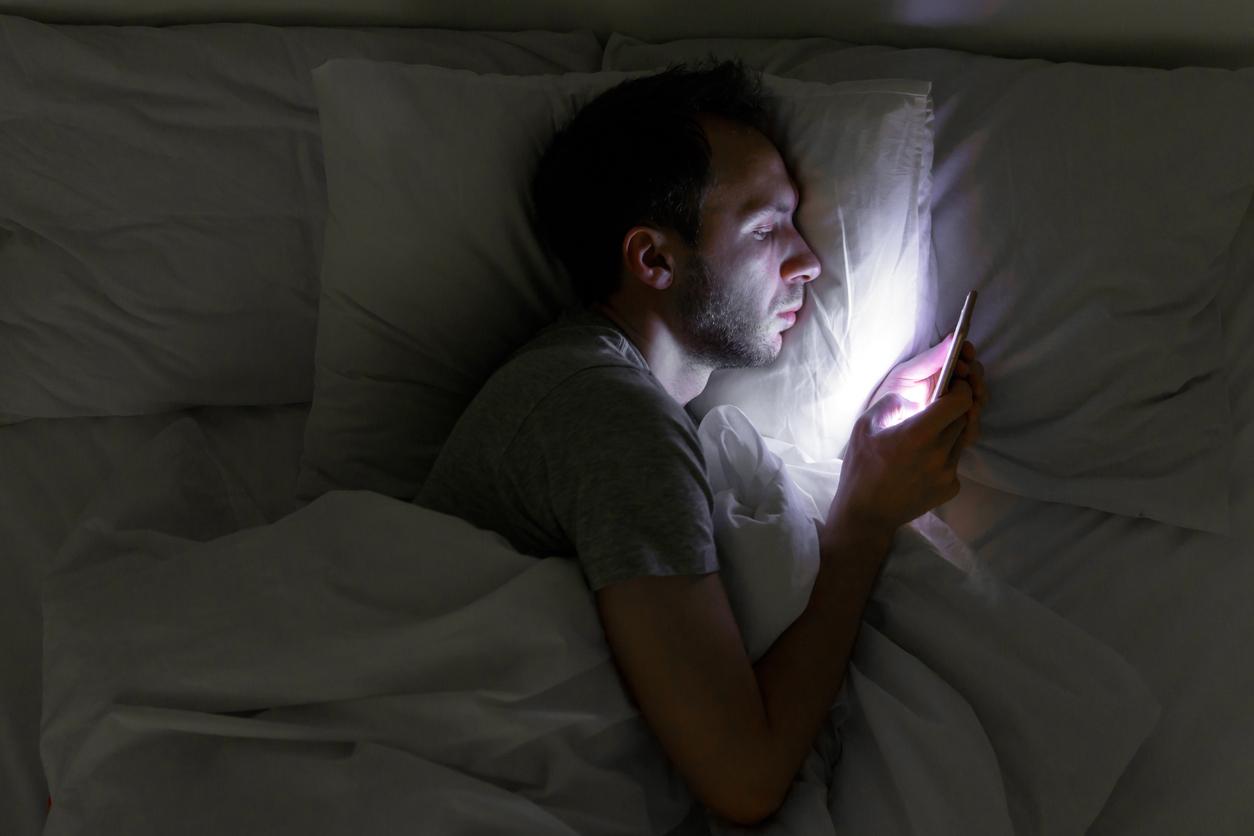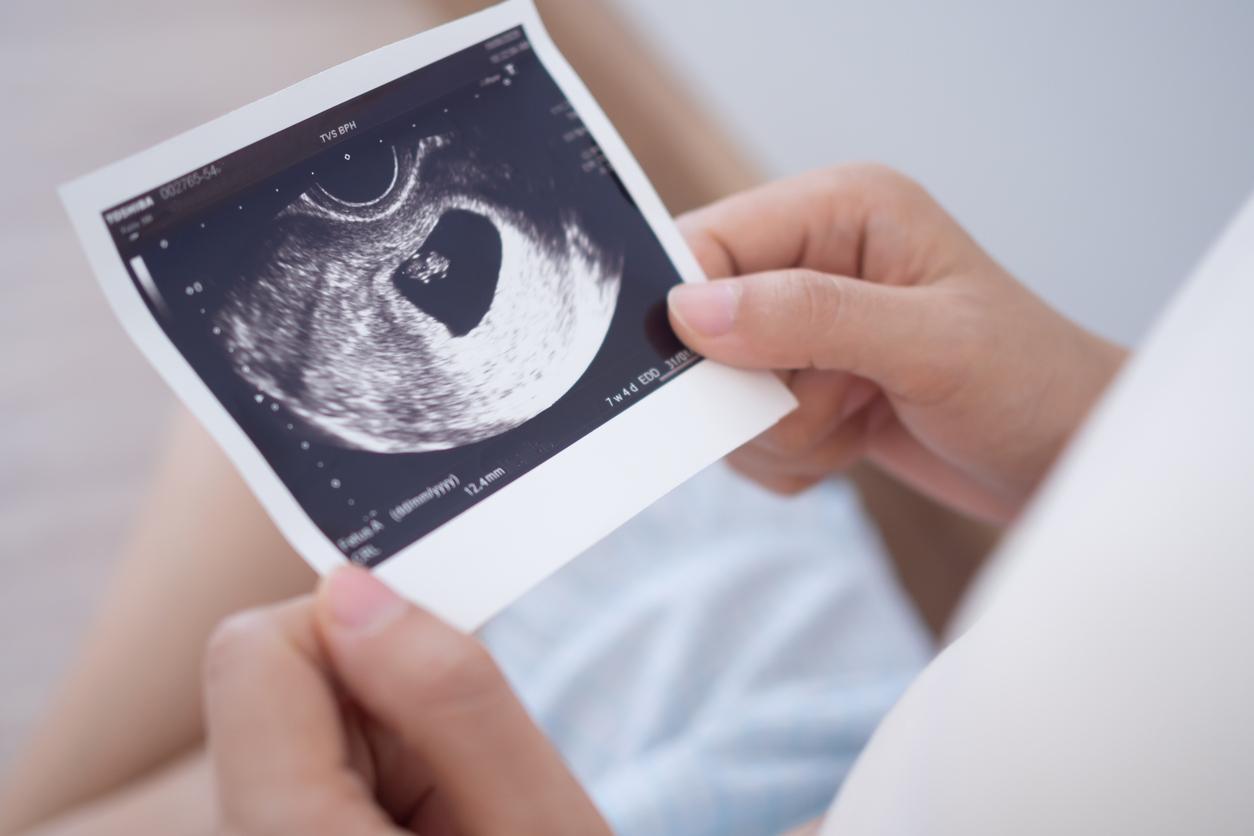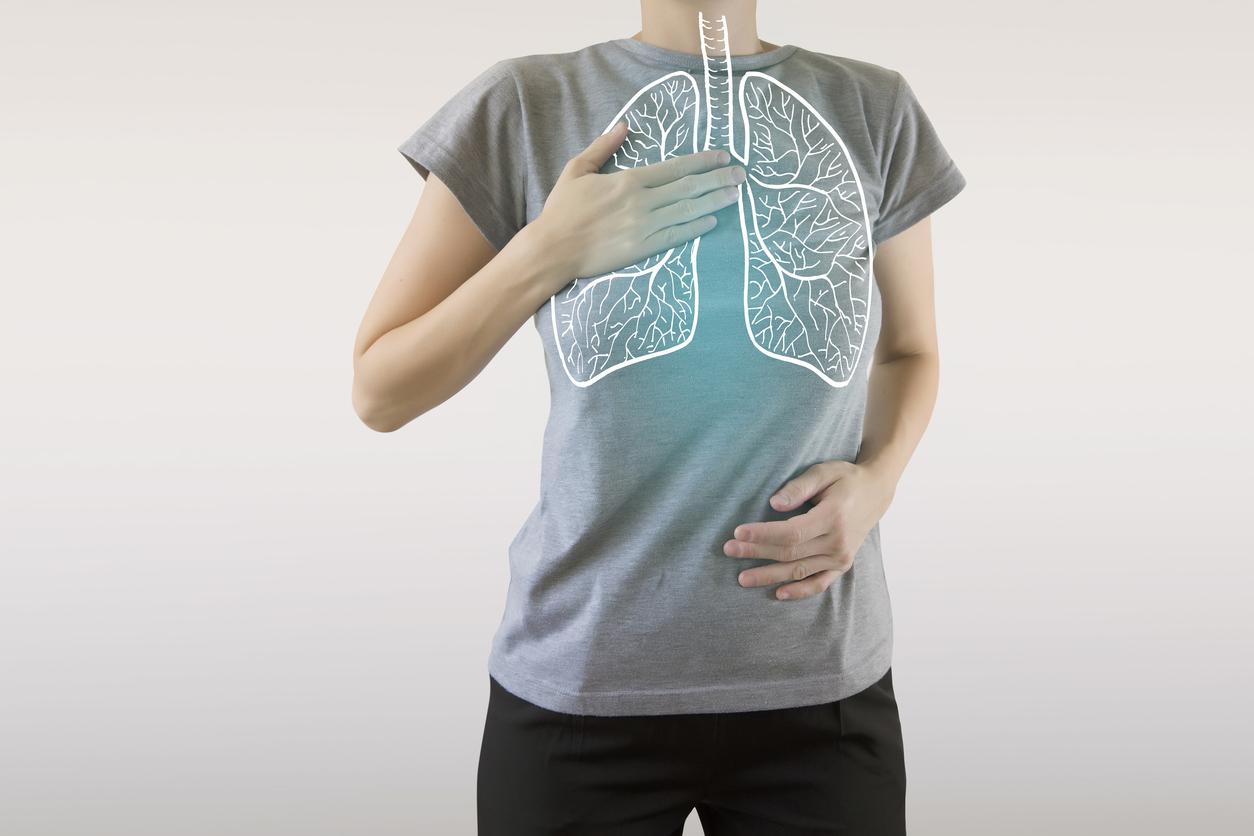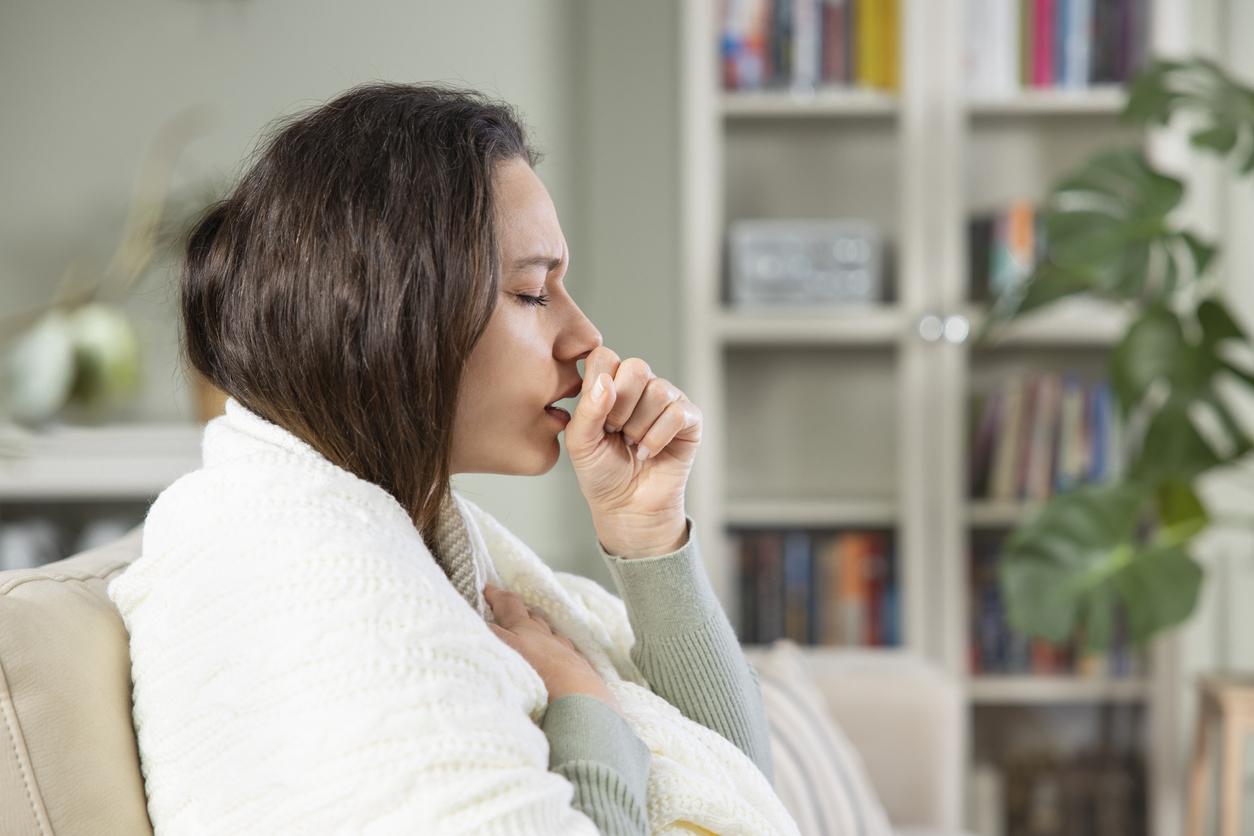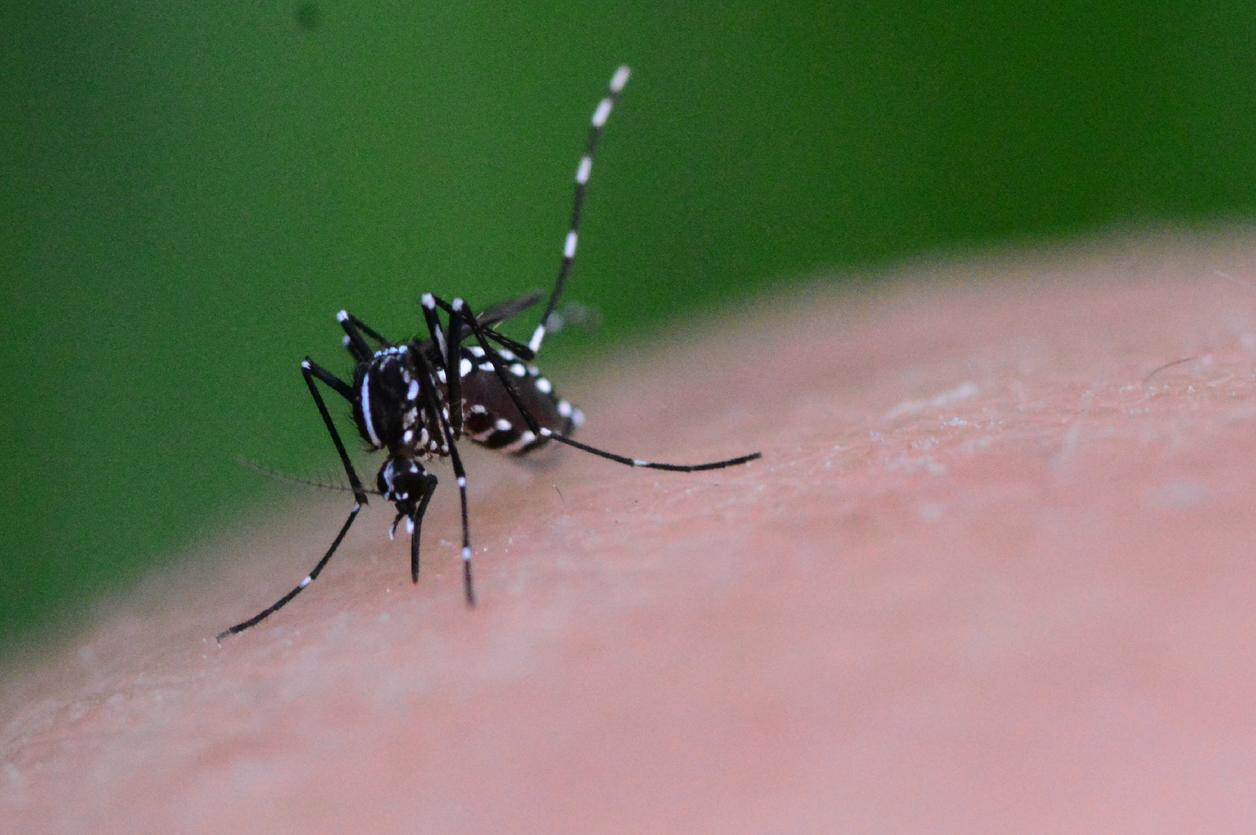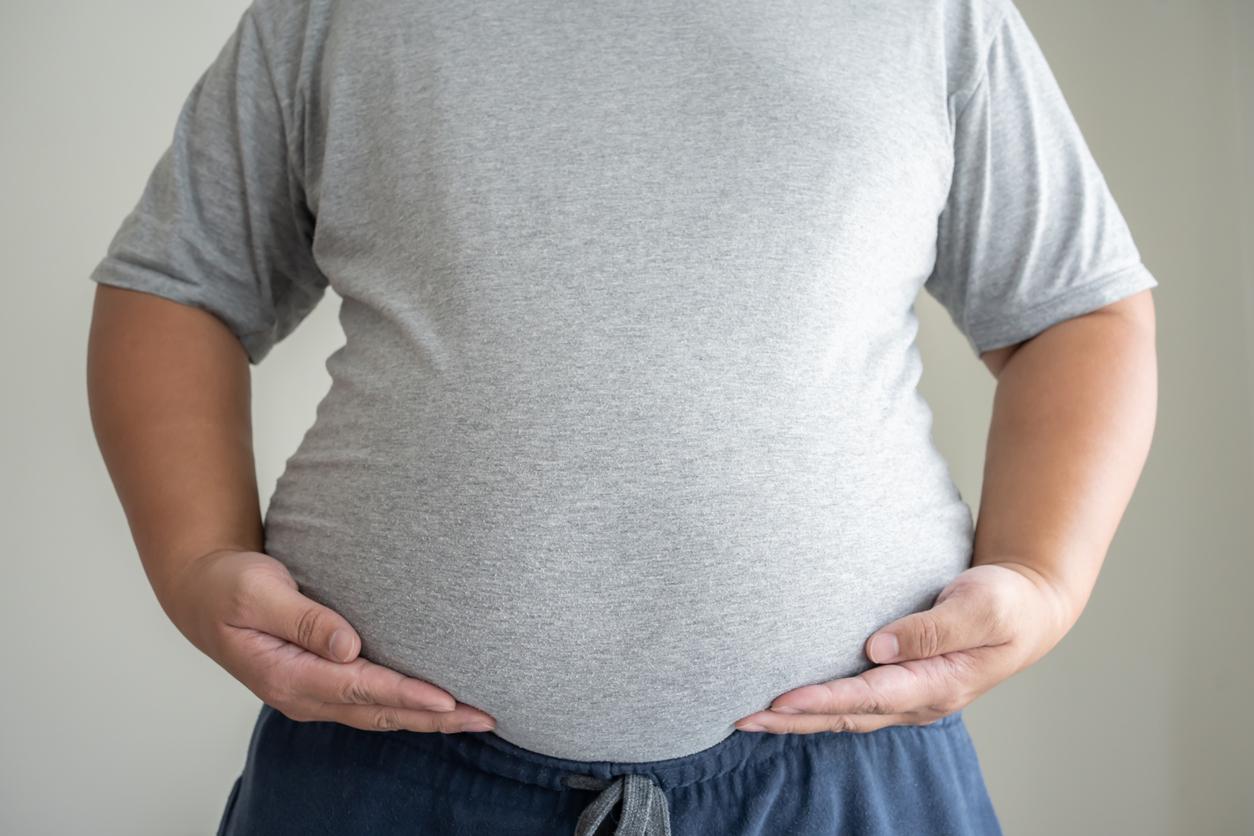
This Tuesday, March 16, 2021, the Haute Autorité de Santé issued its first opinion on the use of antigenic self-tests in France. Faster and less unpleasant than conventional tests, self-tests are performed independently by nasal sampling. For whom and in which contexts to use them? Let’s do a check in.
Self-tests now authorized in France
Already used in other European countries, self-tests to screen oneself for Covid-19 will soon land in France. Indeed, the High Authority of Health has just given the green light this Tuesday, March 16, 2021, for the use of these antigenic self-tests on a nasal sample. As stated by HAS, these self-tests are faster and less invasive than PCR tests and ” represent a complementary offer for specific needs “.
As a reminder, these are screening tests carried out in total autonomy by individuals, from the sample to the reading of the result. These self-tests work in the same way as the antigen tests. In other words, the self-tests are carried out by nasal sampling and allow results between fifteen and thirty minutes. Unlike the classic RT-PCT tests, the self-test is inserted less deeply into the nose (3-4 cm) and is therefore less unpleasant. The results read the same way as a pregnancy test since it suffices to soak the rod in an aqueous solution and wait for the verdict.
For what uses?
According to the opinion of the HAS, the use of antigenic self-tests should be done in asymptomatic people over 15 years of age in the following two situations. The first is on ” Medical indication, as part of a large-scale targeted iterative screening as an alternative to antigenic RDT / TROD (rapid diagnostic test and diagnostic orientation test) on nasopharyngeal or nasal sample. The choice between TROD and autotest depends on the method of organization of the screening and the willingness and ability of each to perform one or the other test. “. The second situation can be on “ Indication within the framework of a use restricted to the private sphere (for example, before a meeting with relatives…). The test should ideally be carried out the same day or, failing that, the day before the visit. “.
Cost and traceability of self-tests
In terms of the cost of self-tests, they should be covered 100% by Social Security on presentation of the vital card, thanks to the positive opinion of the HAS. Regarding their traceability, the HAS “ recommends that the ministry in charge of health and the manufacturers of antigenic self-tests SARS-CoV-2 put in place the traceability methods most suited to these issues “. Indeed, the fact that the traceability of self-tests is not guaranteed could impact the evolution of the epidemic as well as the search for contact cases.










